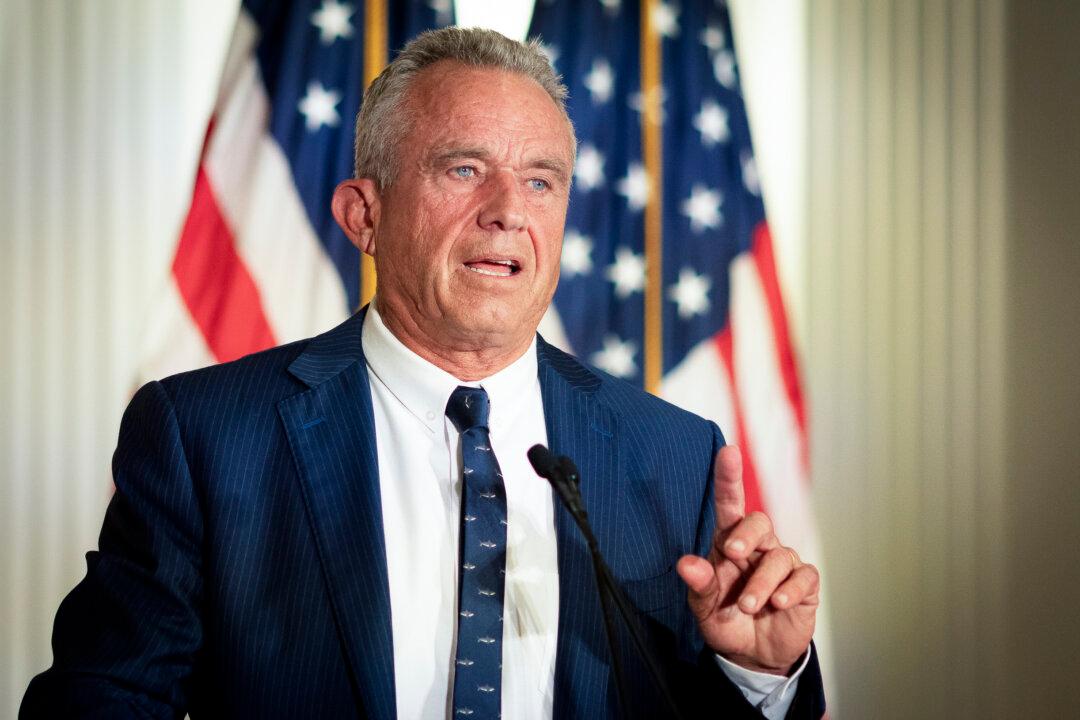A federal appeals court on Aug. 26 declined to block Google from removing Robert F. Kennedy’s videos, ruling that Kennedy has not shown that the California-based company was a state actor when taking down the videos.
Kennedy’s lawyers said in a request for a preliminary injunction that Google was acting on advice from government officials when it removed multiple videos for allegedly violating the company’s medical misinformation policy. The lawyers requested an injunction blocking Google from removing additional videos from Kennedy’s YouTube page.





